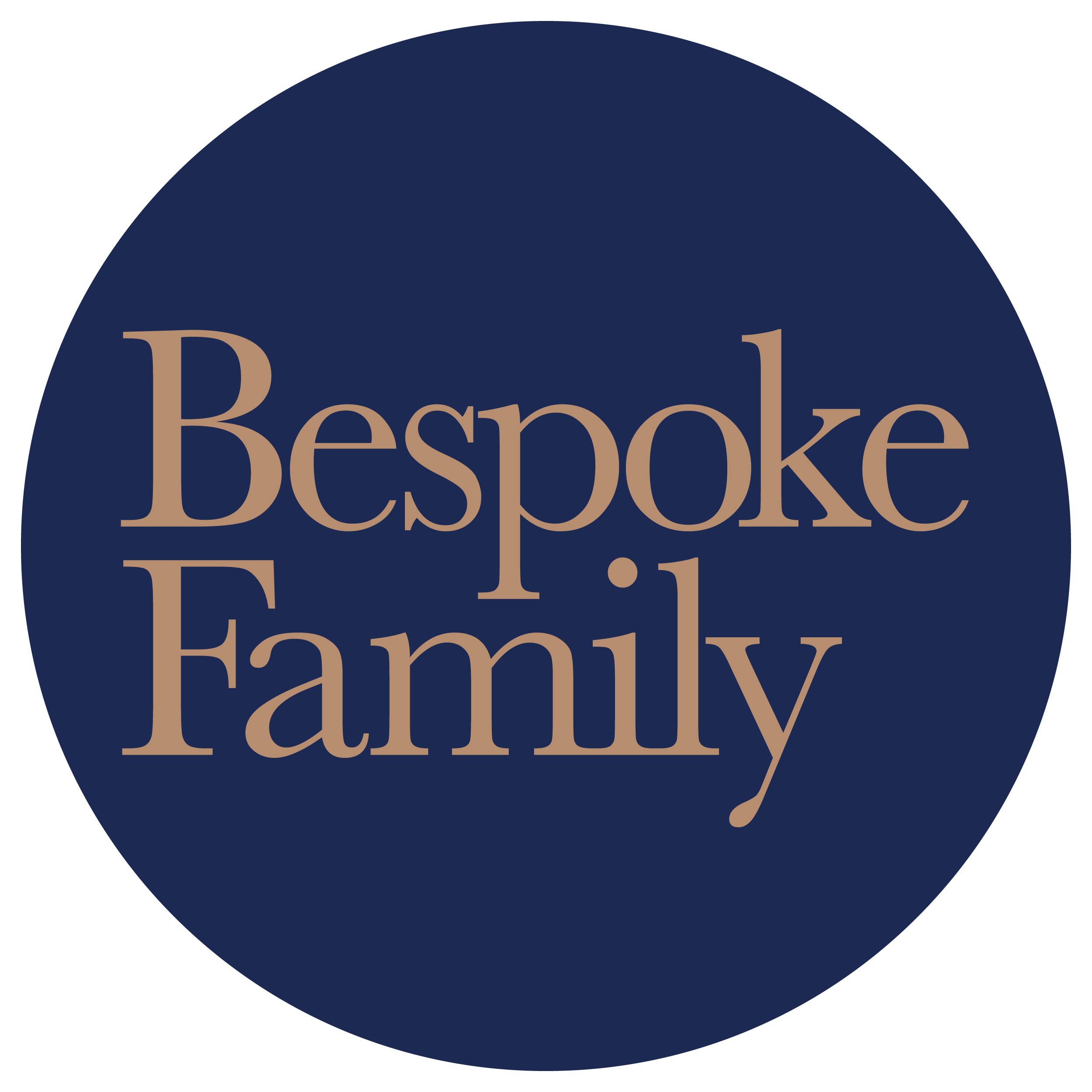What children with an autism diagnosis have taught me
Written by Cheryl Bedding, Aperion SEND Training and Consultancy
Cheryl and her 2 boys :)
When we think of a child with additional needs, challenging behaviours, special needs or delayed development what do we think? Do we think ‘what can we learn from them?’, ‘how fascinating’, ‘how amazing to see the world differently from everyone else’, ‘how can they enhance my life?’ Probably not. It’s more likely that we think or see barriers, we see problems, we see how this will affect the way we work, the time we need to give for support, the possible referrals process and the challenges the child will be facing.
But what if we started to think about what we gain from being with a child with an autism diagnosis, how could this change the way we think, the way we respond to them, our connections with them and their family and the personal development potential for us as carers and human being?
Consider for a moment a child aged 3, non-verbal, limited eye contact, not a huge fan of transitions or having other children near them and only eats beige food that isn’t allowed to touch anything else on the plate. How fascinating? Now imagine working with that child day in day out, building a relationship, building connections, spending time entering their world, playing alongside them in their space, following their lead. And then one day when you’re playing on the floor with that child, out of the blue, that child looks directly into your eyes, smiles and climbs on your back to ‘play’ with you. How honoured, how privileged are you? How much have you learnt from that child about personal connections, the human brain, the different world of another human being.
Over the years as an educator and also as a parent of a child with an autism diagnosis, I’ve learnt humility, compassion, an understanding of a different way of looking at life but most importantly for me, that barriers shouldn’t be put in place and if they are, they are to be broken down. My son is gifted and talented, he is uniquely different, he is loving, he is funny and without him I wouldn’t be the mother I am today.
“Autism isn’t an illness. It’s a different way of being human. Children with Autism aren’t sick; they are progressing through the developmental stages as we all do. To help them we don’t need to change them or fix them. We need to work to understand them, and then change what we do”
Dr Barry M. Prizant
Just reflect on that quote for a moment.
We know autism isn’t an illness, but have we considered it to just be another way of being human?
We are aware of inclusion and inclusive practice, we are aware of equality of opportunity, we are aware of individuality, but are we really? I still see practices in line with ‘fixing’ the child, or ‘encouraging’ and sometimes ‘forcing’ a child to comply with the routine and expectations of the setting they are in alongside every other child. Which to a point, I understand. It can be tricky to have one child doing something else, the other children will want to do the same, or that routines have to be followed otherwise it disrupts the day and the welfare of the majority. But I then ask the question, is this then inclusive? Are you trying to ‘fix’ the child to conform with the others? Are you working to understand the child, are you meeting their needs and are you changing what you do to support them to be the best version of themselves?
Each human brain has its own blueprint, every brain us unique, it may take a divergent pathway but we need to be open to this difference, we need to embrace uniqueness and others who don’t follow our ‘way of doing things’. Difference can be good, difference can be positive, difference would be accepted, supported and empowered. Let’s meet children where they are.
Let’s spend our time getting to know all of our children and not just because it’s our job, but because we want to know who they are, what makes them smile, what makes them sad and what makes them unique. Only then can you provide the unique support plan for them to be the best person they can be. When we do that, I promise you, it will enhance your role as an educator, carer and parent and enable you to be the best version of yourself as an individual.
This blog was written for us by Cheryl Bedding from Aperion SEND Training and Consultancy . To get in touch with Cheryl or for more information about what she does, please visit her website.
For support or information about Autism, visit the National Autistic Society.
Some books from Book Trust which might be of interest are listed here and we love these books from Suzie Books too - written by Charlotte to help all children cope with new situations.
While you are here we have lots more blogs on various topics which you can find here, as well as our downloadable webinars on topics such as behaviour and emotions, sleep and toilet training.
Don’t forget that we offer parent consultations should you need support with anything from sleep to behaviour and so much more! Details of the packages we offer can be found here.
We also have a Podcast ‘Newborn to Teen and Everything in Between’ including an episode where we talk to Cheryl - you can listen here.
This blog contains affiliate links.



